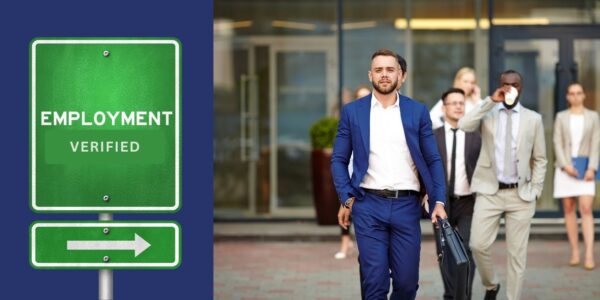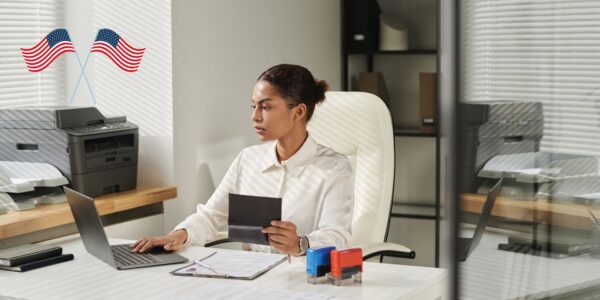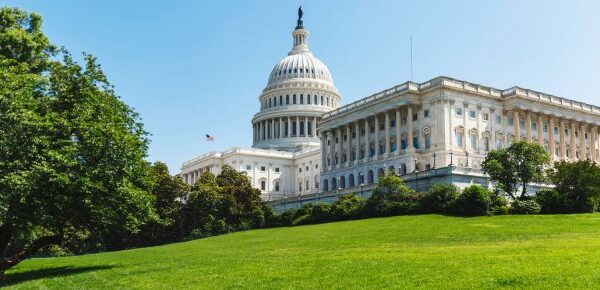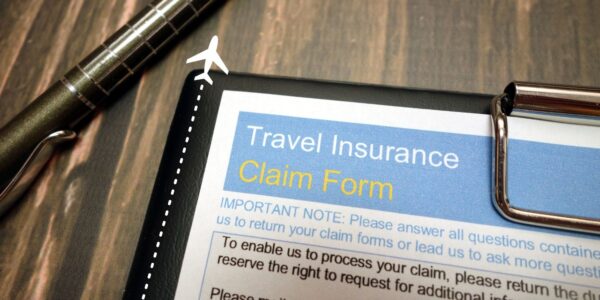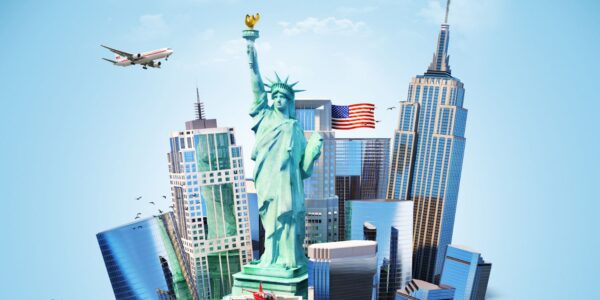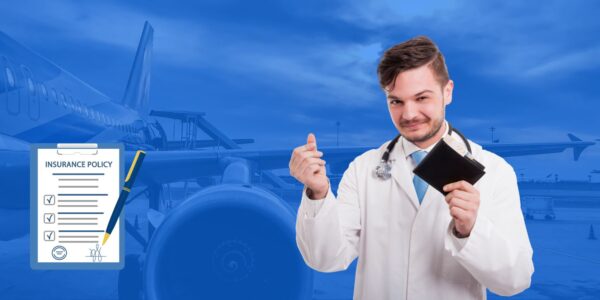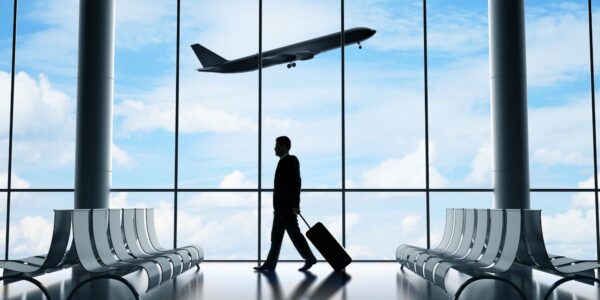B1-B2 Visa For USA – Complete Guide
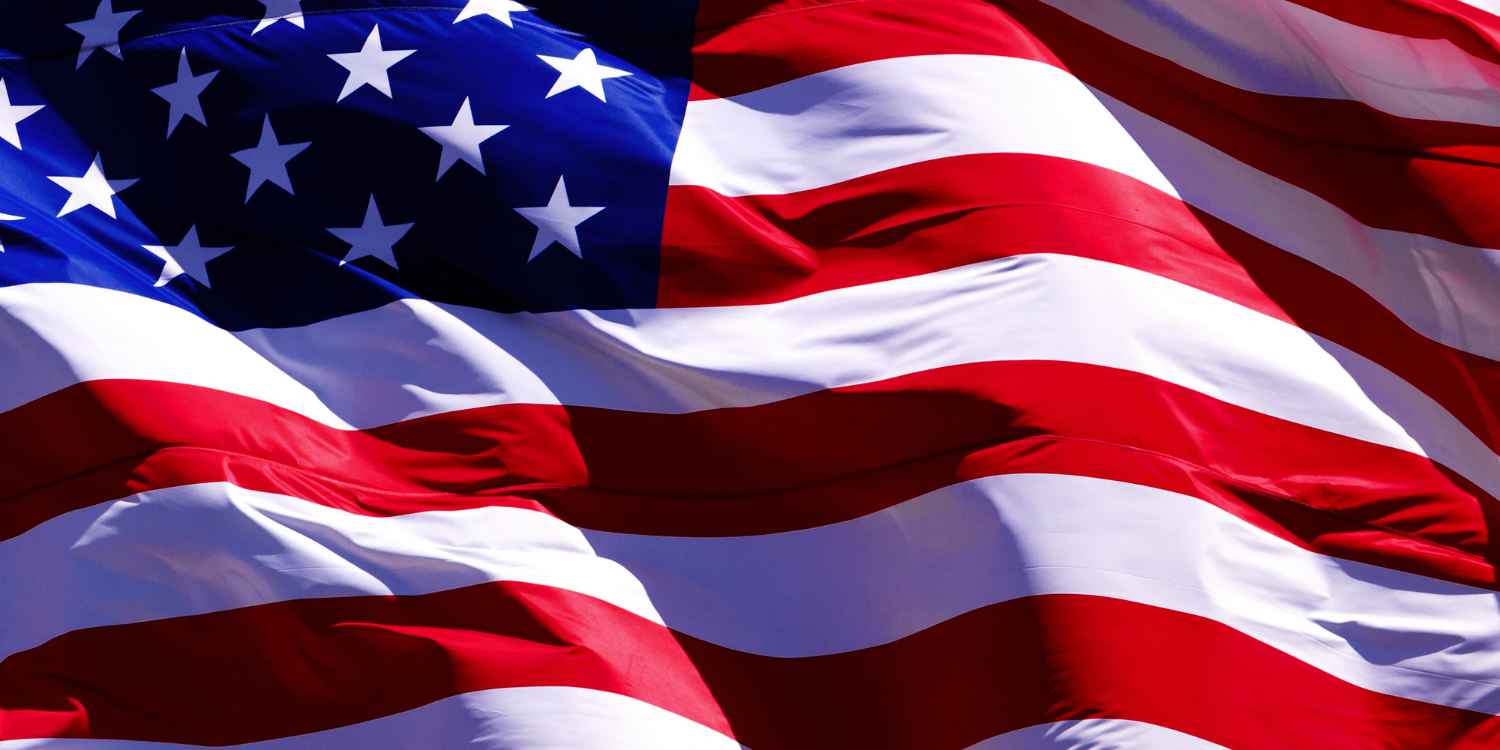
Overview
The B1-B2 visa falls under the nonimmigrant visa categories. If you need to visit the USA then you need to select the right US visa type for your intended purpose of visit.
The B-1/B-2 visa is for visiting the United States for tourism, business, medical treatment, or visiting family.
If you wish to apply for a visitor visa for parents to travel to the United States this article will be helpful.
For those already in the USA and need to apply for an extension of stay, it is possible to extend your stay in the USA for a legitimate reason.
Visa Type B – Visitor Visa And Business Travel
B-1 Visa Holders Can Typically Visit The United States For:
- B-1 visitors can travel for business meetings or communicate with business associates
- B-1 visitors can attend scientific, educational, professional, or business conventions
- B-1 visitors can travel for a business conference
- B-1 visitors can settle estates, or negotiate contracts.
The B-2 Visa Holders Are Recreational Travelers To The USA:
- B-2 visitors can travel for tourism
- B-2 visitors can be visiting family or friends
- B-2 visits can be for medical treatment
- B-2 visits can be for fraternal, social, or service-oriented activities
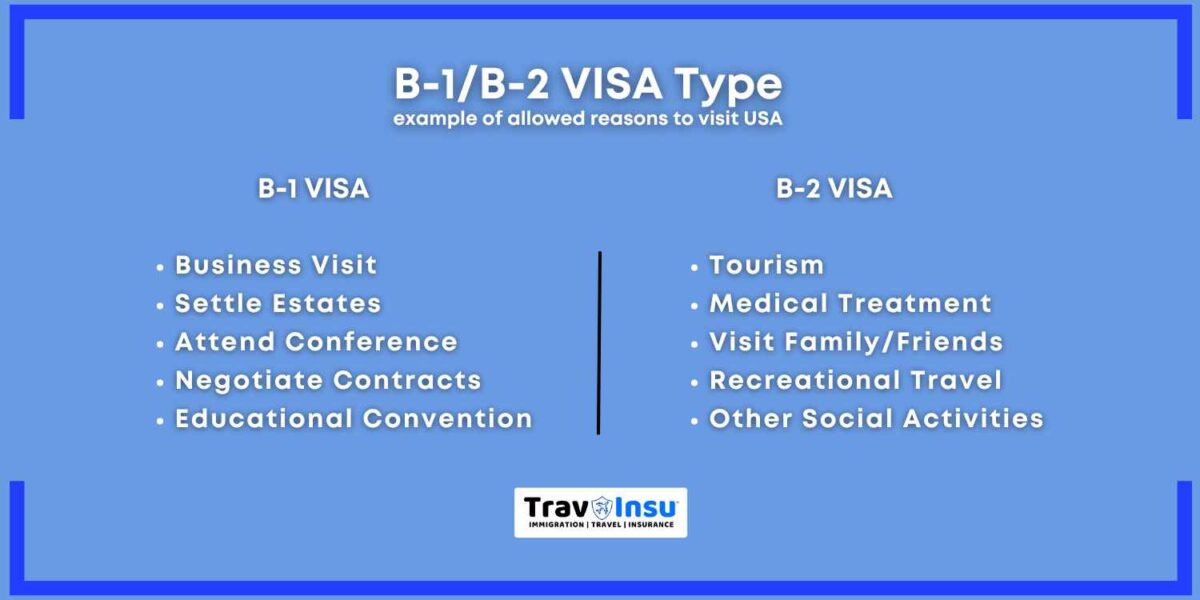
B-1 and B-2 visa is usually combined and issued as a single B-1/B-2 visa stamp in the passport. It is issued to travel from a foreign country to the United States.
Qualifications OR Eligibility Requirements
When applying for a B-1/B-2 visa, you must establish to a consular officer that you are eligible for a U.S. visa under U.S. law—the act of Immigration and Nationality (INA).
According to section 214(b) of the INA, every B-1/B-2 applicant is presumed to be an intending immigrant.
You must dispel this legal presupposition by demonstrating:
- That you are visiting the United States temporarily for purposes such as tourism, pleasure, or medical treatment
- That you intend to remain in the United States for a limited amount of time
- Documentation demonstrating sufficient finances to meet your costs while in the USA
- That you have a residency outside the United States and other social or economic ties that will guarantee your return to your home country after your visit
Individuals from VWP countries who have traveled to certain designated countries may still be eligible for travel to the United States if it is for diplomatic or military purposes in the service of a VWP country.
Personal or domestic employees and crew members working on vessels within the Outer Continental Shelf may be eligible for B-1 visas under specific conditions.
Visa Application Process
When applying for a B1/B2 visa, you must provide the following required documents:
- DS160 Form: Electronic Nonimmigrant Visa Application Form (Form DS-160)
- A valid Passport: A passport valid for travel to the United States with a validity date of at least six months beyond the desired length of stay (unless country-specific agreements provide exemptions)
- If your passport includes more than one person, each visa applicant must submit an application
- Photo: 2″x 2″ (5cm by 5cm) image shot within the previous six months
- Paid Visa Fees Proof: A proof demonstrating payment of the non-refundable, US$160 application processing cost in local currency
- Attend Visa Interview: In addition to these documents, you must also produce a note indicating that you scheduled an interview through this service. You must attend the visa interview on the scheduled date and time.
- Additionally, you may bring any supporting documents you believe are necessary to substantiate the information presented to the consular officer. This can include a sponsor letter from your family member or a business if you are visiting to meet business associates.
Please note that in some countries interview appointments may not be easily available, and this may cause visa delays for applicants. Preparing to apply for a visitor visa in advance is helpful
How To Apply For a B 1/ B 2 Visa:
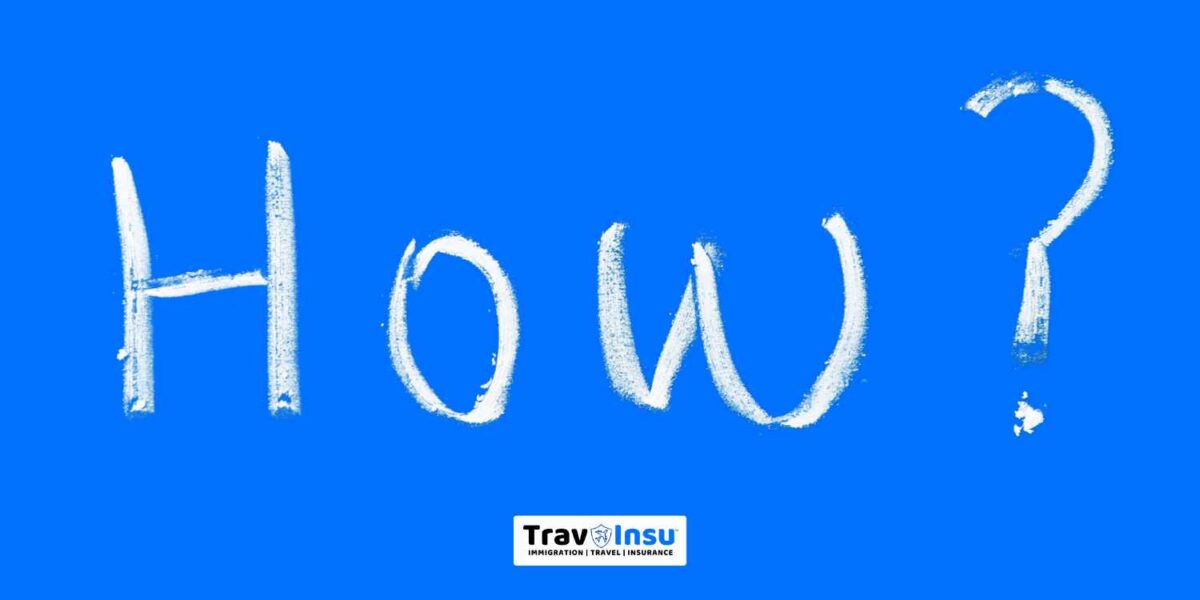
Step 1 – Form DS160
Complete the Electronic Nonimmigrant Visa Application Form (DS-160 Form)
Step 2 – Visa Fees
Pay the application fee
Step 3 – Appointment
You can make an appointment on this page. You must provide the following information to arrange an appointment:
- Your passport number
- The CGI reference number is located on the Visa Fee receipt
- The 10-digit barcode number is on the confirmation page of your DS-160 form
Step 4 – Visit The American Embassy Or consulate
On your visa interview date and time, you must visit the American Embassy or Consulate where you have scheduled your interview.
You must carry the following:
- a printed copy of your appointment letter
- your DS-160 confirmation page
- a photograph clicked within the past six months, and
- all of your passports, including your current and previous ones.
Fingerprinting
As part of the visa interview, the U.S. Embassy takes the applicant’s fingerprints. During the application procedure for visas, typically during the interview, inkless, digital fingerprint scans will be obtained.
Applications lacking these documents won’t be accepted
Complementary Documents
In your interview, a consular official will consider a variety of issues, including supporting documentation.
Consular officers evaluate each application individually, taking into account professional, social, cultural, and other aspects.
Consular authorities may consider your individual goals, family circumstances, and long-term plans and prospects in your country of residency.
Each matter is evaluated separately and accorded all legal considerations.
Visa Approval or Rejection: The visa officer will ask interview questions and may ask for supporting documents before deciding to grant or reject your visitor visa.
Caution:
Do not offer fraudulent and/or false documents. This may result in a permanent denial of visa eligibility due to visa fraud and/or misrepresentation.
Providing false documents can also affect future applications for permanent residence in the United States.
If privacy is of concern, the petitioner can take the documents to the United States Embassy/Consulate in a sealed envelope.
The U.S. Embassy will maintain the confidentiality of this information and will not make it available to anyone.
Please take the following supporting documents to your interview: Original documents are always preferred to copies, and you must have them with you at the interview.
- Current evidence of income, tax payments, ownership of property, or financial assets.
- Your travel itinerary and/or other details regarding your vacation.
- A letter from your employer describing your job, salary, length of employment, any approved time off, and, if applicable, the purpose of your U.S. trip.
- Criminal/court documents reference any arrest or conviction, regardless of whether the term was served or the individual was later pardoned.
The above list is not exhaustive, additional documents depend on a case-to-case basis, evaluate thoroughly, and carry supporting documents accordingly.
Depending on your travel goal, you should also consider carrying the following:
Working Adults
Bring a letter of employment from your company and pay stubs from the past three months.
Entrepreneurs And Company Executives
Bring evidence of your firm position and compensation.
Visiting Family Members
Bring copies of your relative’s immigration documents (e.g. Green Card, naturalization certificate, valid visa, sponsor letter, etc).
Former Travelers To The United States
If you have previously resided in the United States, you must provide detailed information and evidence of your immigration or visa status.
Documentation Required For Applicants Seeking Medical Care
In addition to the documents stated above and others the consular officer may require, you should be prepared to produce the following documentation if you desire to travel to the United States for health reasons:
- Physician’s diagnosis of the medical condition
- The treatment necessary
- The total price of the treatment
- The scheduled date
- Other documents as per case-to-case
Documents demonstrating the applicant’s ability to pay for care (bank statements or an affidavit of support from abroad)
Conclusion
Getting a visitor visa is a privilege to be able to visit the United States. Proper preparation helps genuine applicants get their visitor visas approved.
Last but not least when you are ready to travel to the USA don’t forget to get travel insurance.
Some travel insurance plans offer border protection. Visitors entering the USA on a visitor visa may be need denied entry into the USA by Customs and Border Protection (CBP) officers at the port of entry.
In case you are denied entry into the USA by a Homeland Security – CBP officer then you can claim reimbursement for a one-way economy class ticket with this benefit.
You can start the process at USTravelDocs.com
Frequently Asked Questions:
What are the B1 and B2 Visas?
B1 B2 Visa falls under nonimmigrant visa categories. People who intend to visit the United States for business purposes are awarded a B1 visa. It is also known as the “Business Visitor Visa.” This Visa is issued in conjunction with the B2 Visa. The B2 Visa, also known as the “Visitor for Pleasure” or Tourist Visa, is provided to individuals who intend to travel to the USA for tourism purposes.
What is the distinction between a B1 visa and a B2 visa?
In the United States, B1 visas are provided for temporary business purposes, while B2 visas are issued for tourist and other non-commercial activities. Generally, the US embassy grants both of these Visas together as a B1 and B2 Visa.
What is a B2 Visa?
B2 is for individuals who seek to enter the nation for tourism purposes.
What should I do if I was previously denied a US B-2 visa?
If you were previously rejected, you must repeat the full application process and ensure better preparation for the visa interview and supporting documents.
What is the Visa waiver program (VWP)?
Citizens of certain countries are allowed to visit the USA without a Visa. The Visa Waiver Program (VWP) allows most citizens or nationals of participating countries (VWP countries) to travel to the United States for tourism or business for durations of up to 90 days without a visa. Before departure, citizens/nationals of these countries must obtain a valid Electronic System for Travel Authorization (ESTA) permission and comply with applicable conditions.
Are Indian citizens/nationals eligible for the Visa Waiver Program?
India is not on the list of VWP countries. Indian nationals are not eligible to participate in the Visa Waiver Program.
